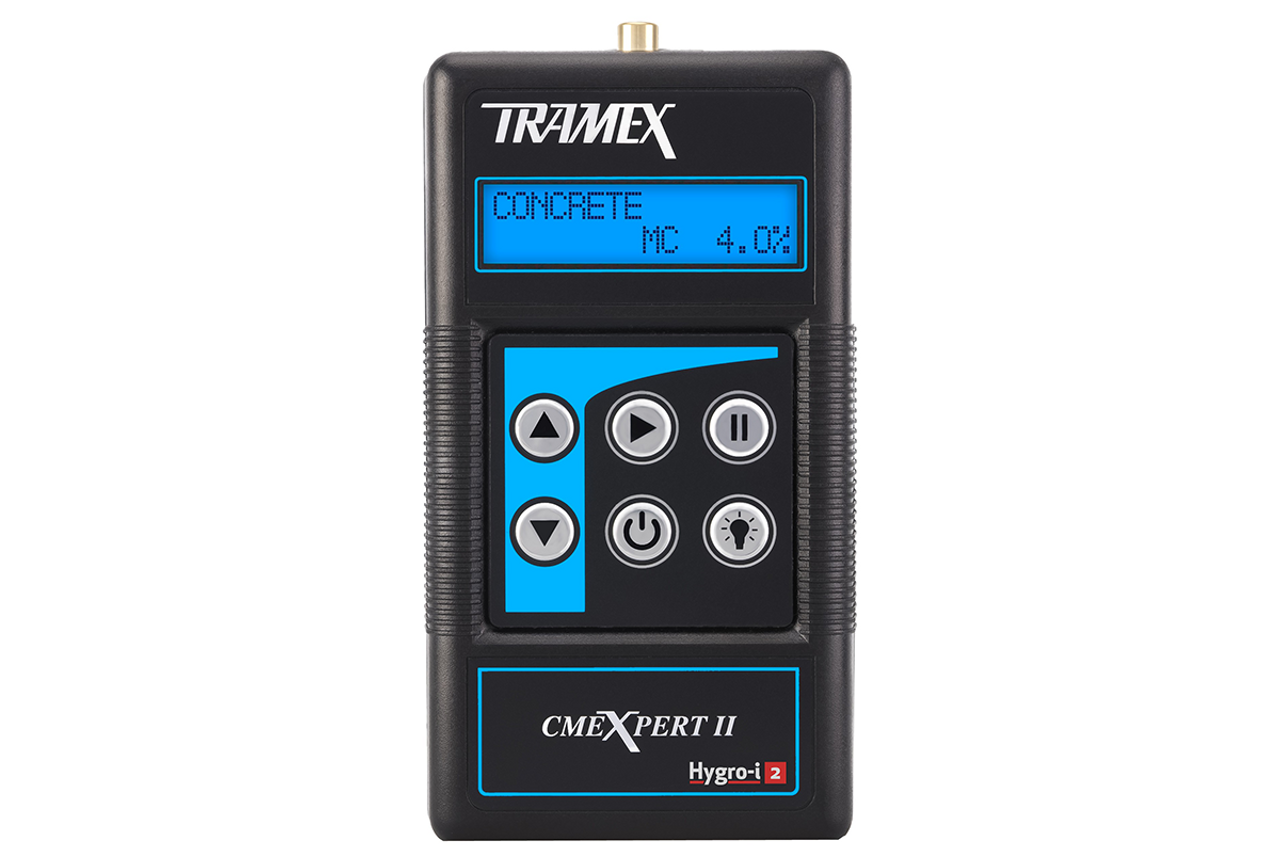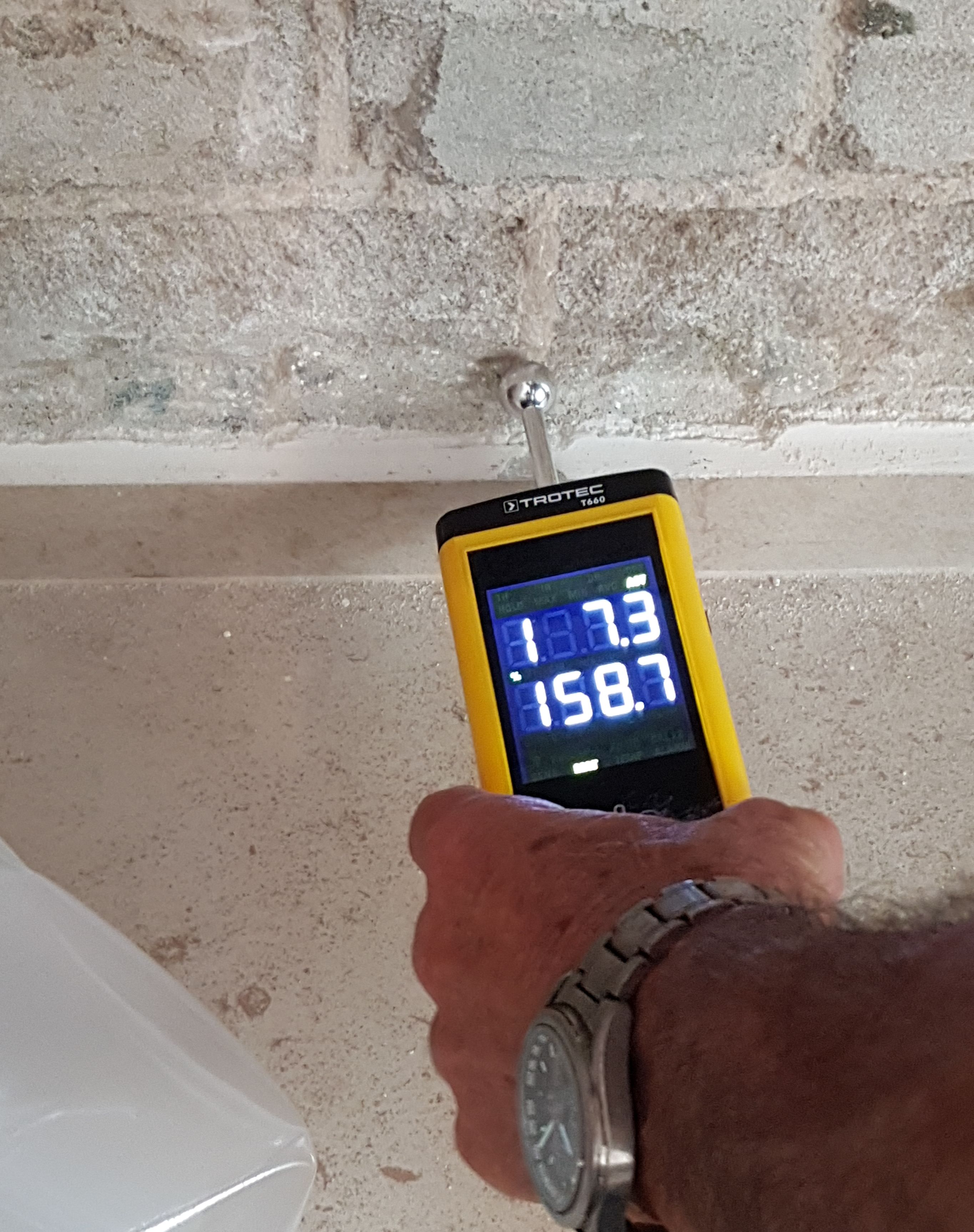The Ultimate Overview to Moisture Meters: A Comprehensive Introduction and Exactly How They Can Save You Money
In the realm of building upkeep, building and construction, and numerous markets, the significance of accurately measuring moisture degrees can not be overemphasized. Moisture meters act as crucial devices in detecting and monitoring moisture web content in materials, aiding in stopping pricey damages and ensuring the top quality of products. Understanding the subtleties of different kinds of wetness meters, their applications, and the potential cost-saving advantages they provide can be a game-changer for companies and professionals alike. Discovering exactly how these devices can not just streamline procedures however also add to financial cost savings is a trip worth beginning on.
Types of Moisture Meters
Numerous sorts of wetness meters are available for various applications in various markets. One common kind is the pin-type dampness meter, which determines the electric resistance between 2 pins inserted into a product. This type is appropriate for wood, drywall, and other structure products. Pinless moisture meters, on the various other hand, usage electro-magnetic sensor plates to scan a bigger location without triggering damages to the product's surface. These meters are perfect for swiftly assessing wetness degrees in huge areas such as floorings and wall surfaces.
Infrared moisture meters gauge the thermal residential or commercial properties of a product to determine its dampness material non-invasively, making them useful for applications where pin or pinless meters may not be ideal. Recognizing the various kinds of wetness meters readily available can assist markets pick the most proper device for their details wetness dimension needs.

Advantages of Making Use Of Moisture Meters

In addition, utilizing dampness meters can lead to boosted energy efficiency. By determining areas with high dampness degrees, such as leakages or poor insulation, changes can be made to enhance energy preservation and lower energy expenses. In farming settings, dampness meters play an essential duty in optimizing plant yields by enabling farmers to keep an eye on soil wetness levels and make notified irrigation decisions. In general, the benefits of using moisture meters extend throughout different sectors, providing cost-efficient solutions and advertising far better quality assurance methods.
How to Pick the Right Moisture Meter
Picking the ideal dampness meter includes considering key variables such as product compatibility, measurement array, and calibration precision. When choosing a dampness meter, it's crucial to make sure that the meter is suitable for the specific material you will be testing. Various materials have differing electrical residential properties that can impact moisture analyses, so selecting a meter made for your material is crucial for precise results. In addition, think about the measurement variety of the moisture meter. Make sure that the meter can spot moisture degrees within the range needed for your applications. Calibration accuracy is one more critical aspect to remember (Moisture Meter). Choose for a dampness meter with trusted calibration to make sure precise and constant analyses. Some meters may need routine calibration adjustments, so comprehending the calibration procedure is very important. By thoroughly reviewing these elements, you can select a dampness meter that read what he said meets your needs and provides precise dampness dimensions for your projects.
Appropriate Methods for Moisture Meter Use
To ensure exact wetness analyses and make the most of the effectiveness of a dampness meter, employing correct methods is important. When utilizing a pin-type moisture meter, put the pins or probes into the product being checked until they make complete get in touch with. By complying with these proper methods, users can depend on their moisture meter to supply trustworthy wetness degrees, helping in protecting against expensive damages or making sure top quality in different applications.

Cost Savings With Moisture Meter Applications
Just how can the tactical use resource of dampness meters lead to substantial cost savings across different industries? In the agriculture market, dampness meters help in establishing the optimum time for harvesting plants, avoiding excess or over-drying wetness that can affect the last item's high quality.

Additionally, in the food handling market, wetness meters are necessary for keeping track of product quality and making certain conformity with security laws. By properly determining moisture content in food, producers can avoid wasting, maintain quality, and minimize waste, causing significant cost savings. In general, the critical application of dampness meters is a useful financial investment that can bring about considerable price reductions and boosted efficiency across numerous sectors.
Verdict
To conclude, moisture meters are valuable devices for detecting and measuring moisture degrees in different materials. By utilizing the right moisture meter and complying with correct techniques, users can properly prevent pricey damages created by excess wetness. Buying a top quality wetness meter can cause significant expense savings in the future by recognizing potential concerns her explanation beforehand and enabling punctual removal. Eventually, wetness meters are important instruments for keeping the stability and longevity of structures and products.
Wetness meters offer as important devices in detecting and checking moisture material in materials, helping in avoiding pricey problems and ensuring the high quality of products. Infrared wetness meters determine the thermal properties of a product to determine its dampness material non-invasively, making them useful for applications where pin or pinless meters may not be suitable.Wetness meters supply very useful benefits in precisely keeping track of and analyzing moisture levels in diverse products and atmospheres. In agricultural settings, dampness meters play a vital duty in optimizing crop returns by making it possible for farmers to check dirt wetness degrees and make informed watering choices.In final thought, moisture meters are useful tools for discovering and measuring moisture degrees in different materials.